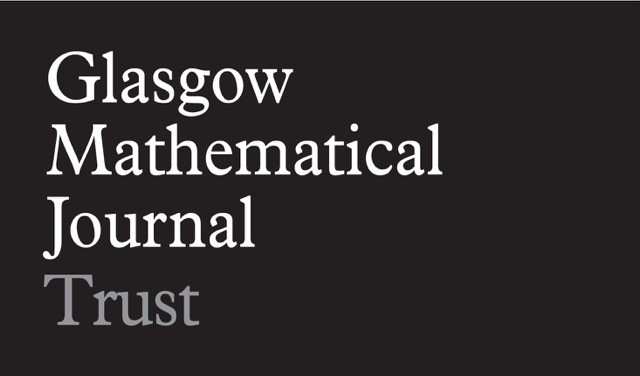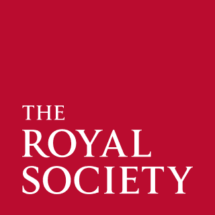Beyond Lorentzian Geometry II
5.10
ICMS
This is the second edition of the "Beyond Lorentzian Geometry" workshops. The first was held in Edinburgh in October 2019 and it was a resounding success.
Recent years have witnessed a growing interest in the study and application of non-Lorentzian geometries such as Newton-Cartan and Carrollian geometries. They feature in such diverse areas such as
- approximations of general relativity
- fluid dynamics and (soft)-condensed matter physics
- string theory
- holography
- asymptotically flat spacetimes (BMS symmetries)
- black hole physics
Geometry plays an important role in all of these areas and non-Lorentzian structures have been found to appear in worldsheet geometries, spacetime boundaries, string target spacetimes, near horizon geometries, non-relativistic field theories on nontrivial backgrounds, etc.
In this workshop we would like to bring together researchers working on both mathematical and physical aspects of these novel geometries.
Speakers
- Jay Armas
- Arjun Bagchi
- Eric Bergshoeff
- Jan de Boer
- Laura Donnay
- Joaquim Gomis
- Kevin Grosvenor
- Daniel Grumiller
- Troels Harmark
- Akash Jain
- Niels Obers
- Gerben Oling
- Giandomenico Palumbo
- Noémie Parrini
- Silvia Penati
- Stefan Vandoren
- Ziqi Yan
Organisers
For questions please contact:
José Figueroa-O'Farrill (j.m.figueroa@ed.ac.uk)
Jelle Hartong (j.hartong@ed.ac.uk)
Sponsors
We are grateful for the financial support from the Glasgow Mathematical Journal Trust Learning and Research Support Fund and from the Royal Society.

